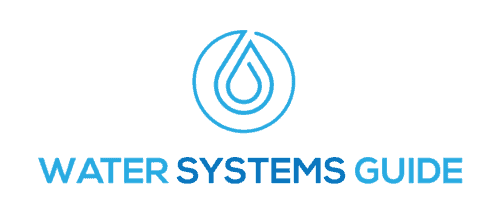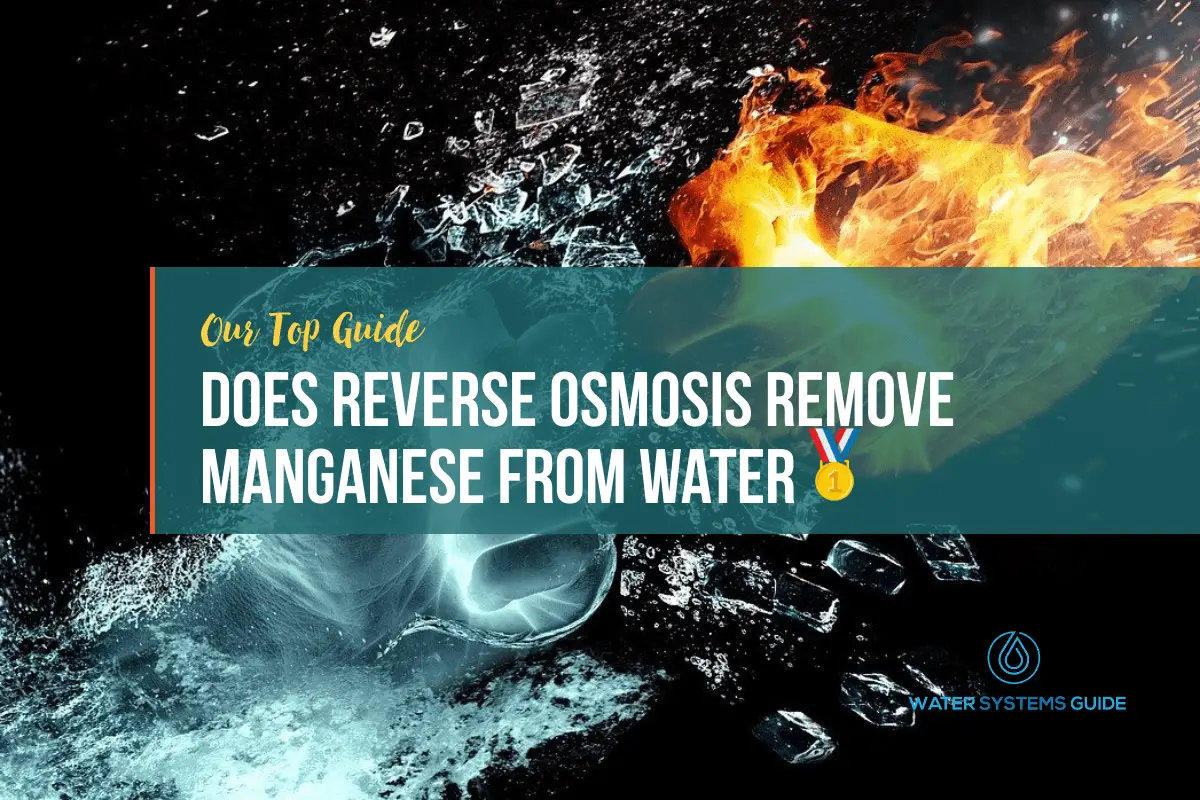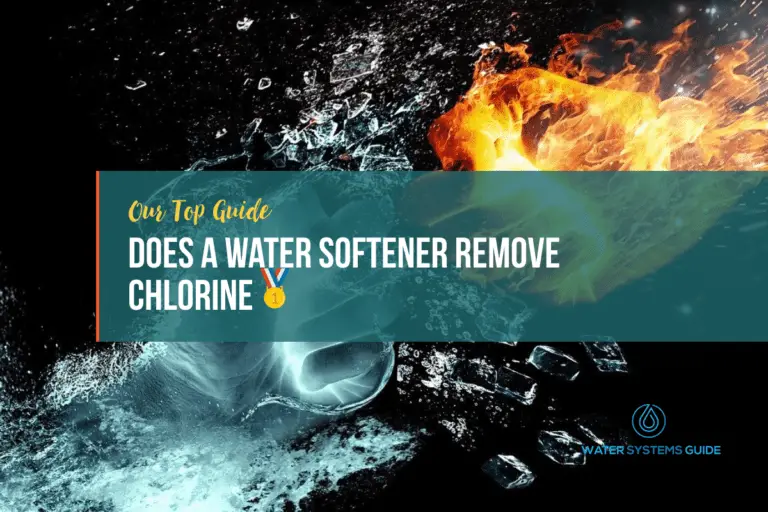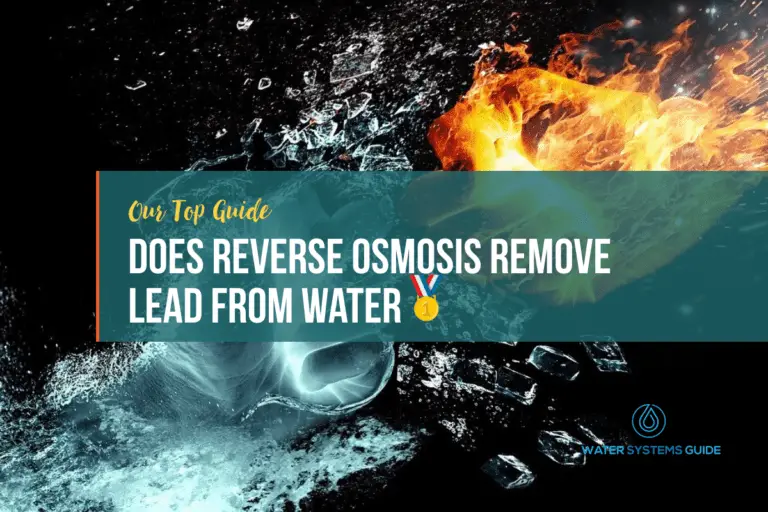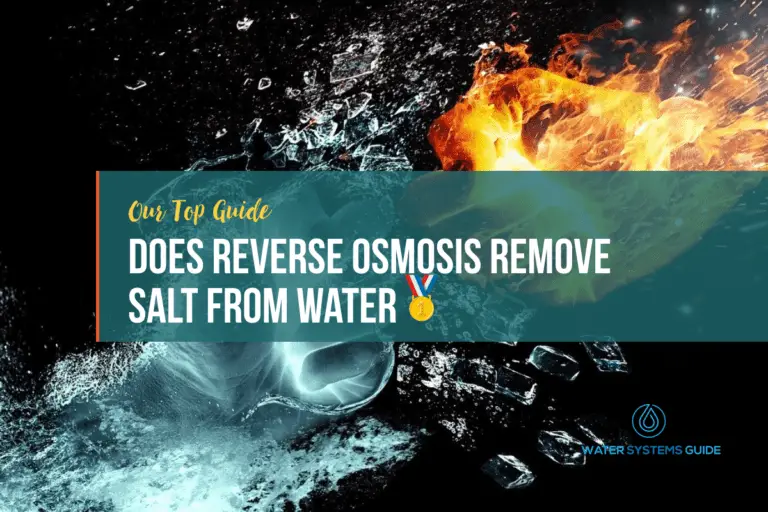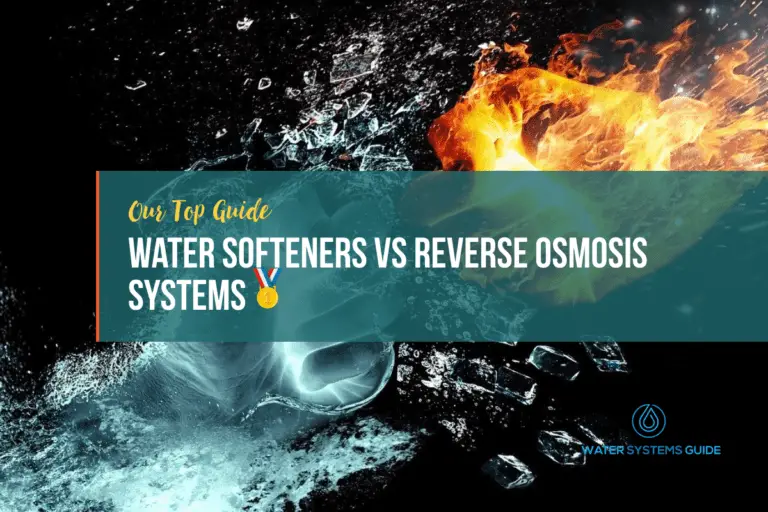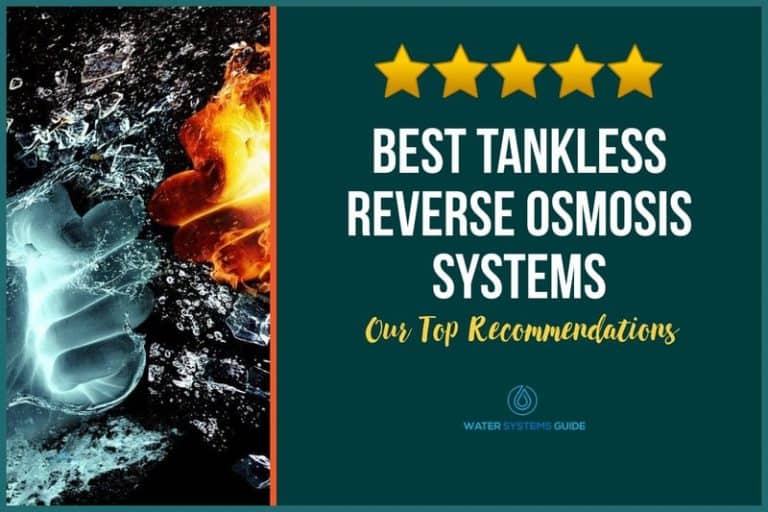Does Reverse Osmosis Remove Manganese From Drinking Water
What Exactly Is Manganese
Manganese is an essential trace mineral with the symbol Mn and atomic number 25. It is not found as a free element in nature; it is often found in minerals in combination with iron. Manganese is a transition metal with important industrial metal alloy uses, particularly in stainless steels.
Manganese is a pinkish-gray metal that is brittle yet hard and does not corrode easily. It has a relatively low melting point for a transition metal. Manganese is often used as an alloying agent for other metals such as aluminum and copper. When alloyed with these metals, manganese improves the strength, hardness, and wear resistance of the resulting alloys.
Manganese is naturally occurring in rocks, soil, groundwater, surface water, and food and is a normal part of the human diet. It exists in well water in Connecticut as a naturally occurring groundwater mineral, but may also be present due to pollution sources
Is Manganese Beneficial To Humans?
Manganese is a mineral that is found in small amounts in the body. It is necessary for the proper functioning of many enzymes and plays a role in the metabolism of carbohydrates, proteins, and fats. Manganese is also involved in the development of bone and connective tissue. Some studies have shown that manganese may be beneficial to human health, being “absolutely necessary for development, metabolism, and the antioxidant system” (NLOM) though more research is needed. Some possible benefits include protection against osteoporosis, reducing inflammation, and improving blood sugar control.
What are the side effects of consuming too much manganese?
The side effects of consuming too much manganese are not well understood. However, it is known that manganese can accumulate in the body and cause health problems. Symptoms of manganese toxicity include poor coordination, weakness, and muscle tremors. In severe cases, manganese toxicity can lead to difficulty walking and hallucinations
Does RO Remove Manganese from Drinking Water?
Yes, RO (reverse osmosis) systems are effective at removing manganese from drinking water. Manganese is a naturally occurring element that can be found in rocks, soil, and sediment. It is not considered harmful at low levels, but can cause problems if it builds up in the body. RO systems work by using a semipermeable membrane to remove impurities from water. The manganese molecules are too large to pass through the membrane, so they are removed from the water.
How to test your water supply for Manganese
To test your water supply for manganese, you will need to purchase a water testing kit from a hardware or home improvement store. Once you have the kit, follow the instructions to collect a sample of your water. Then, follow the directions on the kit to test the sample for manganese. If the test indicates that there is manganese present in your water, you will need to have your water professionally treated to remove it.
Alternatively, you can have your water professionally tested by a company that specializes in water testing. This will give you the most accurate results.
Depending on the results, you could then go about installing a POU (Point of use) or POE (Point of entry) water filter system, such as a whole house RO system, to reduce manganese levels.
What else does reverse osmosis remove from water?
Alternative Methods Of Reducing Manganese In Your Water Supply
There are a number of alternative methods that can be used to reduce the level of manganese in your water supply.
According to Penn State University, these include:
- Water Softening (Ion Exchange)
- Polyphosphate Addition
- Oxidizing Filters
- Aeration
- Ozonation
- Catalytic Carbon
